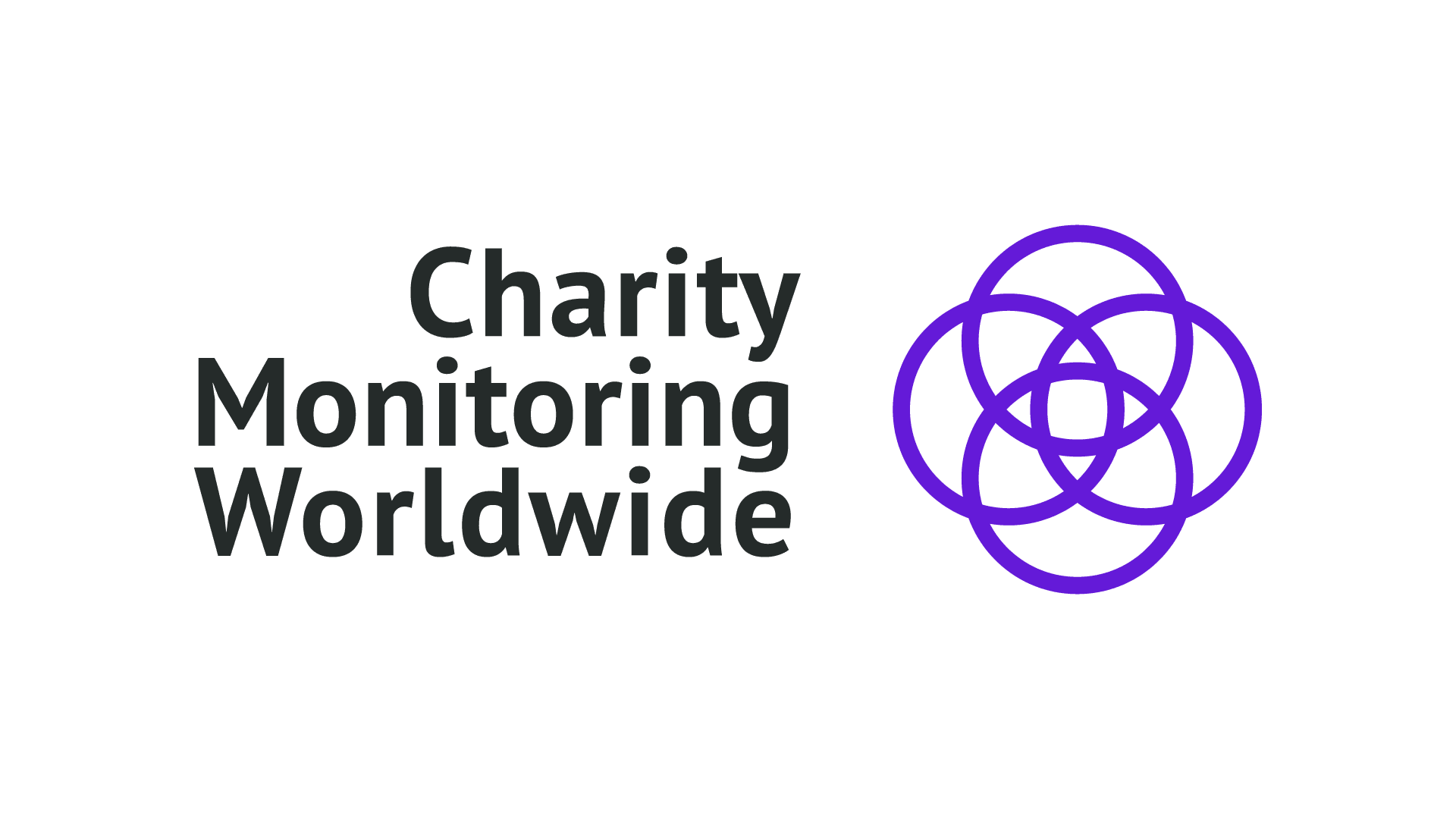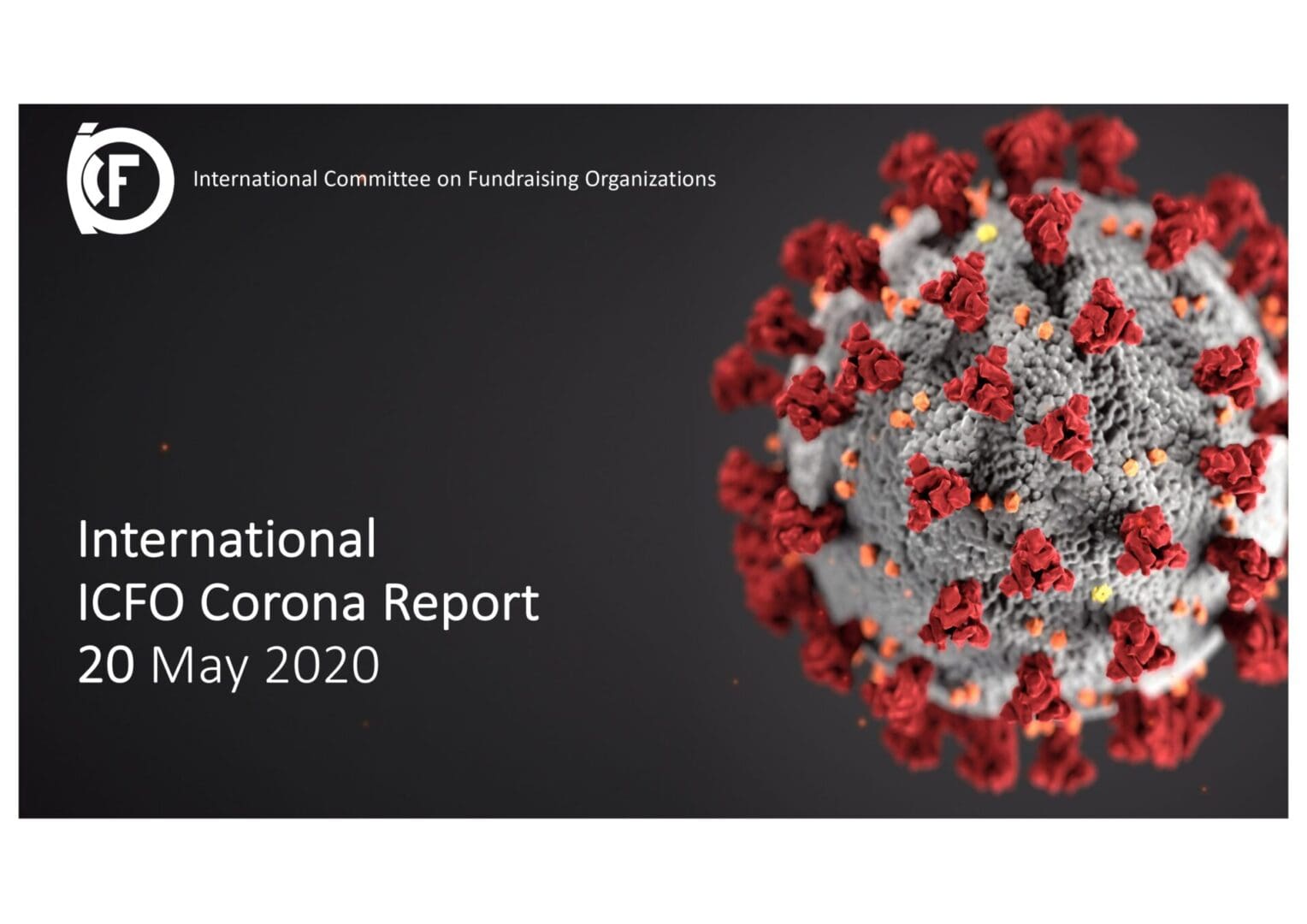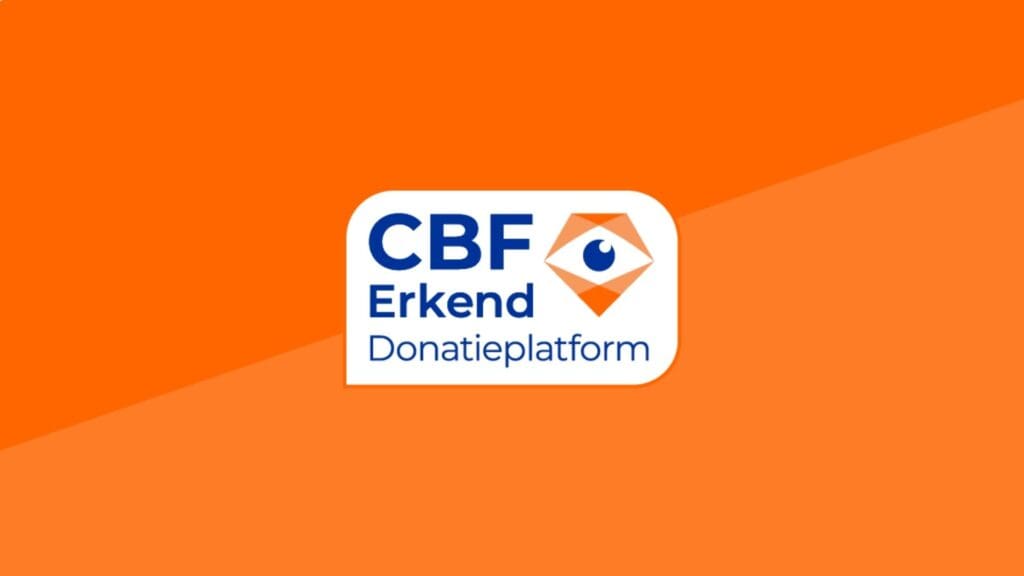OPINION. Contrary to popular belief, donations to charities are not solely dependent on the purchasing power and generosity of the French. Rachel Guez, Managing Director of Don en Confiance, reminds us of the importance of restoring trust within society, as it is a pillar of giving.
French pessimism is not a harmless evil. It seems to reign supreme in French society. We have become as accustomed to being among the world’s most pessimistic people as we are to being seen as gourmets and hikers. Just another cultural peculiarity!
Numerous studies regularly illustrate this state of mind. For example, the Ipsos Predictions survey shows that only 46% of French people believe that 2024 will be better than last year. That’s 24 points below the average of 70%, calculated over 34 countries. And this level of pessimism worsens with time, as another IFOP study reveals that 58% of French people think the world will experience a period of regression in the future, a score up 6 points!
This gloomy state of mind tends to be explained by the current social situation (inflation, tensions over education-related issues, tensions with farmers, etc.) and an extremely tense international context (Israel-Hamas war, war in Europe, etc.).
But these factors do not explain why our level of pessimism is worse than that of our neighbors. And considering this situation as natural and inevitable could well have very serious consequences for society.
The fatalism trap
We might think that the greater the difficulties, the greater the solidarity. Precisely because there is a greater need for it and the problems are identified. But the prevailing pessimism puts this solidarity at risk. This includes the very real impact on donations to associations, which play a decisive role in national and international solidarity. The gloom and uncertainty about the future are likely to lead people to withdraw rather than show their generosity.
The results of two surveys alert us to this point. Firstly, a study published by DGFIP Analyses showed that while the average donation from individuals was on the rise, there was a real drop in the number of tax households donating. Donors are giving more. But there are fewer of them. And looking only at the overall sums raised for solidarity masks a blind spot: that of dynamics.
The other study is the confidence barometer (Viavoice – Don en Confiance), which seeks to understand the mechanisms that encourage people to donate. Its latest edition revealed a link between levels of optimism and regular donations to associations. And it turns out that the more optimistic you are, the more trusting you are of others, and the more you give. Thus, 67% of donors say they trust others (versus 59% on average among the population). 56% are confident about their own future (versus 51% in the general population) and 26% are confident about the future of society (23% overall).
Giving is therefore intrinsically linked to confidence, and not just a matter of generosity or purchasing power. As such, distrust and pessimism are the enemies of solidarity.
It is now urgent to realize that the prevailing declinism is not just an amusing cultural trait. It pushes us to distrust each other, highlights what sets us apart more than what brings us together, and ultimately leads us to a state of mind far more serious than pessimism: fatalism. For fatalism is inaction.
Fighting against inaction
With these observations in mind, it becomes the responsibility of all of us to nurture counter-discourses, showing that the reasons for restoring confidence in society do exist.
When we label associations on a day-to-day basis, we can’t help but notice their impact on society and what they make possible. Their actions may have less media impact than the diatribes we hear throughout the day, but they demonstrate that society is capable of inventing solutions, even in difficult times. A society that improves is one that believes in itself, and values those who act more than those who criticize. A society in which we all know the fundamental role played by the associative fabric and support it.
In these difficult times, showing these actions helps us to regain confidence. To see that not everything is in decline. But if no one sees it, if no one knows it, how can we believe in tomorrow’s society?
_________________________________________
Rachel Guez
CEO of Don en Confiance
